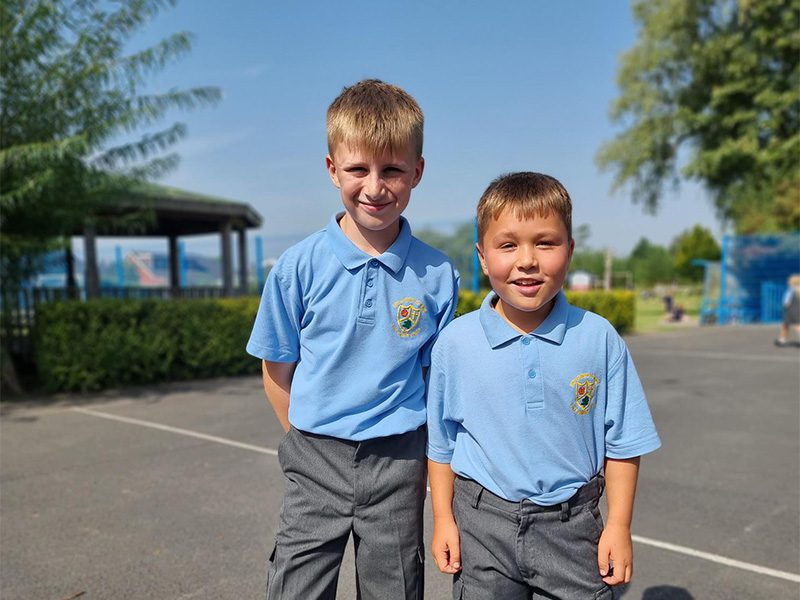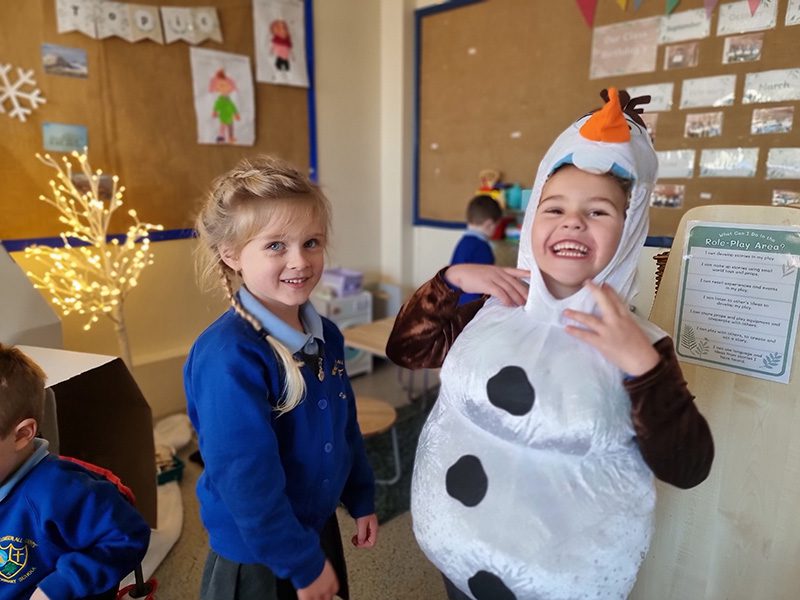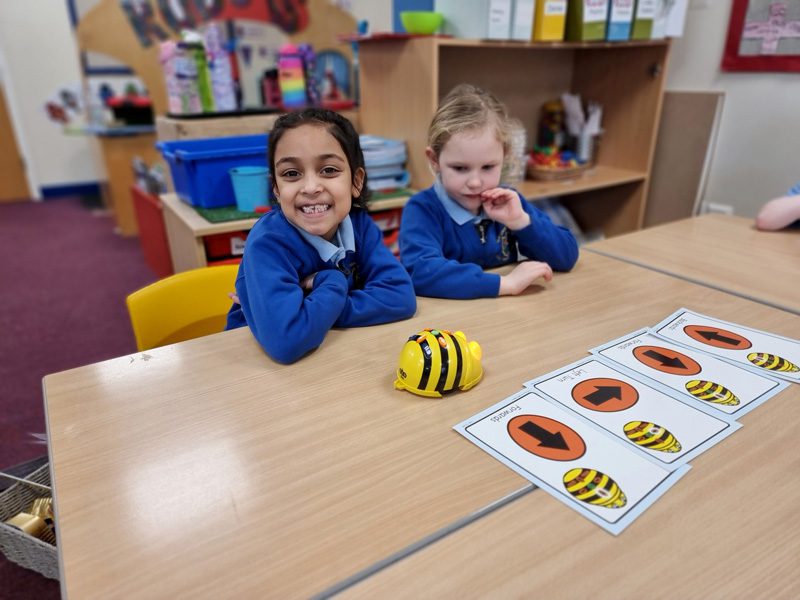Geography
Intent
Our aim is for all pupils to be knowledgeable, expressive and inspired:
In Geography, this means children are engaged and inspired by a well-designed sequential curriculum to be curious and interested to explore the world that we live in. Geography is highly valued as part of our rich curriculum and equips children with the geographical skills they need to develop their knowledge through studying places, people and natural and human environments and to acquire the knowledge and understanding of the world and their place in it.
Our Four Curriculum Drivers underpin our approach to learning across all subjects at NLAS.




Our intent is that our children learn about diverse places, people, resources and the natural and human environments; about the processes that give rise to the key human and geographical features of the world; and how these are interdependent and can change over time. They will learn the geographical skills needed to undertake an enquiry, use a range of sources including the experience of fieldwork, in order to communicate geographical information in a range of ways.
Through the teaching of subject specific technical vocabulary and opportunities for focused talk during lessons, children develop their ability to speculate, make connections and interpret evidence to develop their understanding about the world and its people and build their knowledge to support them throughout their journey in school.
Contrasting localities are carefully chosen to help children to recognise the diversity of our local communities, providing an opportunity to deepen their frame of reference and show empathy and understanding to others. As such, resources and materials are selected to challenge stereotypical images of places.
Linking the content of the curriculum to our 10 core values and our All Saints’ Way is essential in the teaching of geography: empowering children with the confidence to have a go, to learn from mistakes and to keep trying and improving.
Children explore geography within contexts that connect with their own lives e.g. local area, Rivington Pike visit.
Within our Enrichment calendar, there are opportunities to develop links to key issues and current affairs, such as through Earth Day, Fair Trade links and our Eco Warriors pupil voice group.
Fieldwork is an essential part of geography. Visits within the local area support children to value their neighbourhood and understand the impact they can have. On a wider scale, visits to other parts of the country on residential visits and school trips enable our children to develop a sense of place and belonging and that they are empowered to make improvements to their environment. A sense of curiosity and fascination about the world is essential to fully engaging in a rich, cultural life.
All children, including those who have SEND or are disadvantaged are supported to fully access our curriculum. This may include additional adult support or the use of visuals, structured sentence stems, resources, etc. which acts as a scaffold for children’s learning.
Implementation
At NLAS, we follow Kapow’s Geography scheme of work which lays out the sequential steps to be taught so that new knowledge and skills build on what has been taught before and pupils can work towards clearly defined high quality outcomes.
Geography is taught within topics, with lessons sometimes blocked to allow immersion in the process. Each strand of Geography (locational knowledge, place knowledge, Human and physical geography, Geographical Skills and field work) is covered and revisited so that pupils retain and build upon prior learning.
Opportunities for fieldwork are built in to topics wherever possible. Residential school journeys outside of the immediate locality provide the opportunity for developing mapping skills, using compasses and grid references. These visits also provide first-hand experiences of different types of settlements as well as physical landscape features such as fields and mountains.
Links are made with other curriculum areas to enable pupils to revisit and embed key knowledge within a different context e.g. volcanoes- Ancient Rome, rivers- Ancient Egypt, the use of Digimaps and ICT, music
Environmental impact of human/physical geography is taught within key units.
The geography lead supports teachers and monitors standards by reviewing planning of units, talking to children with their books and completing walkthroughs and drop ins of lessons. Governors are also involved in these processes.
Impact
Children at NLAS can express informed opinions, make connections and have a developing knowledge of the world around them.
Children understand their impact on their locality and the wider world and are inspired to live a sustainable, environmentally friendly life.
Children have developed the geographical knowledge and skills to help them explore, navigate and understand the world around them and their place in it.

New Longton
Preston
Lancashire
PR4 4XA




